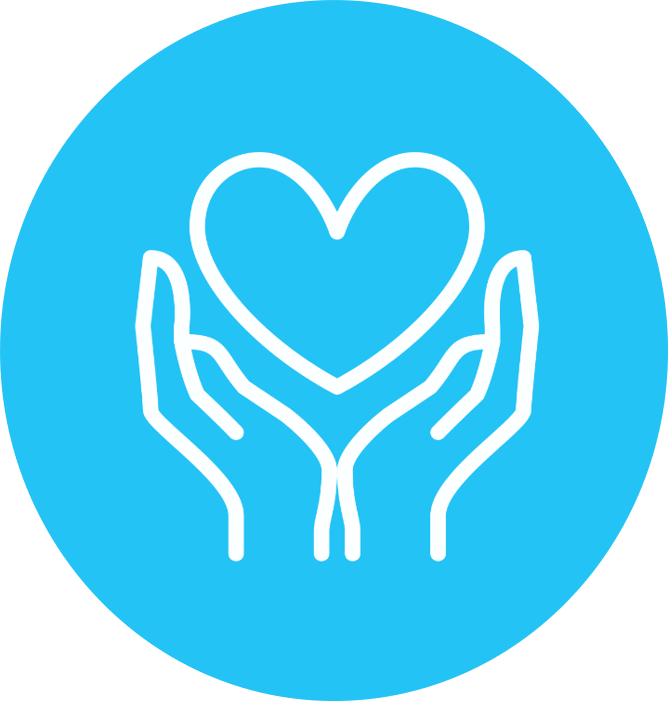Supporting the spiritual dimension of whole child development
Children thrive where love is present. This is the conviction at the heart of Fetzer’s education work. We support constitutionally respectful programs, research, teacher development, and curricula that contribute to the spiritual dimension of whole child development.
Instead of an education that values our children only for their academic achievements, this approach also supports a pluralistic, spiritual dimension of learning. Capacities like the ability to experience awe and wonder, the curiosity to ask life’s big questions, and knowing how to rest are our birthright, and they deserve to be welcomed into the classroom and nurtured in the same way we develop young learners’ proficiencies for reading and math.
In this dimension of learning, K-12 students are discovering new types of growth and success that aid in academic achievement and their sense of possibility. They are mindfully and faithfully navigating stress, helping each other, wondering about the deepest possibilities for their futures, and finding meaning in the midst of the unknown.
The Fetzer Institute’s commitment to whole child development is decades-long. In the 1990s, Fetzer played a significant funding and organizing role in the ground-breaking research for social and emotional learning and has been a longtime supporter of the Collaborative for Academic, Social, and Emotional Learning. Now, 30 years later, we are working to add pluralistic, spiritual development into whole child curricula.
To learn more about the evolution of this work, watch the video below.





